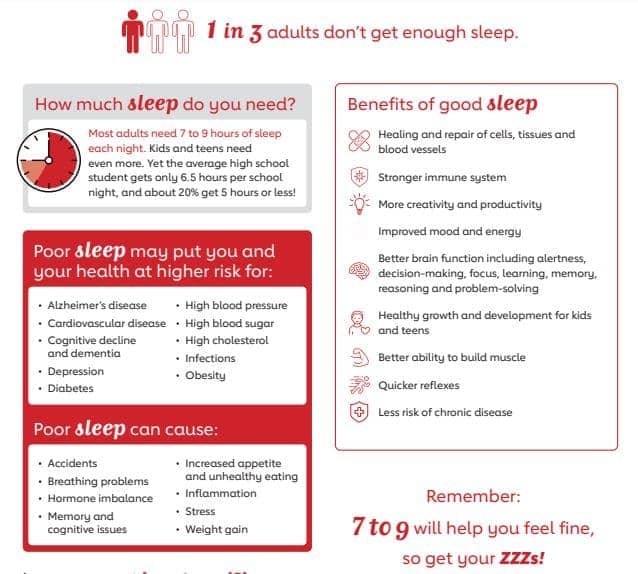In our fast-paced world, sleep often takes a back seat to work, socializing, and endless entertainment. However, how to get a good night sleep cannot be overstated. Quality sleep is essential for physical health, mental well-being, and overall quality of life. In this guide, we will explore why sleep is so vital and provide actionable tips on how to get a good night sleep to help you achieve a restful night’s rest.
Why Sleep is Important?
1. Physical Health: How to Get a Good Night Sleep for a Healthier Body
Sleep plays a critical role in maintaining physical health. During sleep, your body goes through processes that help repair muscles, organs, and other cells. It’s also when your immune system gets a boost, making you less susceptible to illnesses. To ensure these benefits, learning how to get a good night sleep is essential
2. Mental Well-being:
A good night’s sleep is key to emotional stability. Sleep deficiency can lead to mood swings, irritability, and increased stress levels. It can also contribute to more severe mental health issues such as anxiety and depression. Knowing how to get a good night sleep can significantly improve your emotional health.
3. Cognitive Function:
Sleep is crucial for cognitive processes like memory, learning, and concentration. During deep sleep, the brain processes and consolidates information from the day, turning short-term memories into long-term ones. Understanding how to get a good night sleep can enhance these cognitive benefits.

4. Weight Management:
Sleep and weight management are closely linked. Sleep deprivation affects the hormones that regulate hunger, such as ghrelin and leptin, leading to increased appetite and cravings for high-calorie foods. Additionally, lack of sleep can lower energy levels, making you less likely to exercise, which can contribute to weight gain.
✅ Top 10 Superfoods You Need in Your Diet Right Now
Discover the top 10 superfoods that can boost your health, energy, and overall well-being, and find out how to incorporate them into your daily diet for maximum benefits.
How to Improve Your Sleep Quality
1. Establish a Sleep Routine:
Going to bed and waking up at the same time every day can help regulate your body’s internal clock. Consistency reinforces your sleep-wake cycle and can improve the quality of your sleep.
2. Create a Relaxing Environment:
Your bedroom should be a sanctuary for sleep. Keep it dark, cool, and quiet. Consider using earplugs, eye masks, or white noise machines if your environment is noisy or disruptive.
3. Limit Screen Time Before Bed:
Exposure to blue light from screens can interfere with your body’s production of melatonin, a hormone that regulates sleep. Try to avoid screens at least an hour before bedtime.
4. Be Mindful of Your Diet:
What you eat and drink before bed can affect your sleep. Avoid heavy meals, caffeine, and alcohol close to bedtime. Instead, opt for a light snack if you’re hungry, like a banana or a handful of nuts.

5. Exercise Regularly:
Regular physical activity can help you fall asleep faster and enjoy deeper sleep. However, try to avoid vigorous exercise close to bedtime as it may have the opposite effect.
6. Manage Stress:
Stress and anxiety are common culprits of poor sleep. Techniques such as meditation, deep breathing, or even journaling before bed can help clear your mind and prepare you for sleep.
7. Limit Naps:
While napping can be beneficial, long or irregular naps during the day can negatively affect your nighttime sleep. If you need to nap, try to keep it to 20-30 minutes and earlier in the afternoon.
8. Consider Professional Help:
If you’ve tried these tips and still struggle with sleep, it may be time to consult a healthcare provider. Conditions such as sleep apnea, insomnia, or restless leg syndrome may require medical intervention. A sleep specialist can help diagnose and treat these conditions, improving your sleep quality and overall health.
✅ Strength Training for Beginners: A Complete Guide
Learn the essentials of strength training for beginners with expert tips and a step-by-step guide to help you build muscle, improve strength, and start your fitness journey effectively.
Conclusion
Sleep is not a luxury; it’s a necessity. Prioritizing your sleep can lead to significant improvements in your physical health, mental well-being, and overall quality of life. By following these tips, you can set the stage for a restful and rejuvenating night’s sleep every night.

